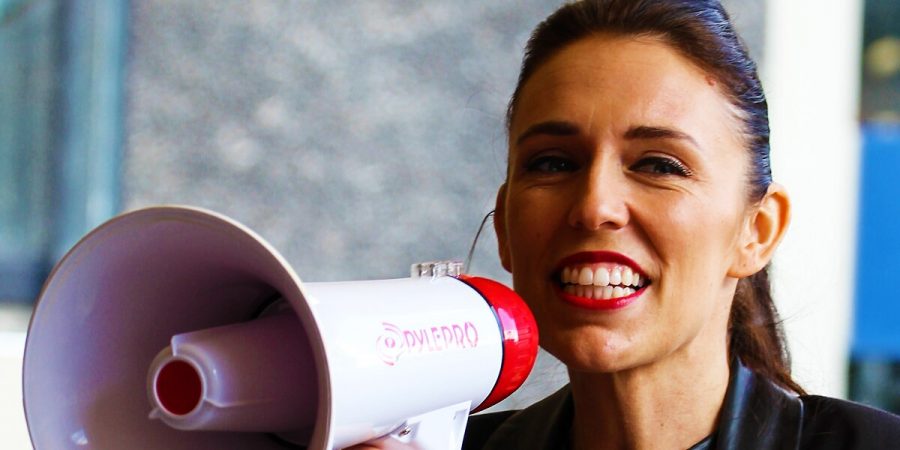New Zealand declares victory over COVID-19 once again
Prime Minister Jacinda Ardern said she was certain New Zealand stopped the spread of the coronavirus but must be prepared if cases start to rise again.
On Wednesday, Oct. 7, New Zealand lifted the last of its COVID-19 restrictions in Auckland after ten days with no new cases. The government promises to now allow open gatherings and trips on public transit without social distancing or masks in a city with 1.6 million residents.
Prime Minister Jacinda Ardern, who is up for re-election, said the country’s reopening is a direct representation of its “go hard, go early” response.
This transition wasn’t simple, as New Zealand thought it had defeated the coronavirus, but an outbreak in Auckland, its largest city, shattered any sense of victory.
Now, after the second round of strict lockdown, the country is confident that it has effectively eliminated the virus.
“The country’s border-control strategies, as well as both community-based and individual case-based control measures, were overall effective in eliminating the virus’ presence when mitigation was no longer feasible,” according to a new correspondence published by a team of New Zealand-based investigators at the University of Otago in The New England Journal of Medicine.
A combination of immediate risk assessment directed by science, the decisive steps of the government and swift response of the prime minister in locking down borders and providing instant economic support to small businesses have been key contributors to the management of the COVID-19 pandemic.
Dr. Anthony Fauci, director of the National Institute of Allergy and Infectious Diseases, released some straightforward messages to the public during an online video interview explaining three main reasons why many island nations such as New Zealand have been able to control the coronavirus.

The first reason that Fauci outlined was that the residents of these smaller island nations spend more time outdoors. Second, they shut down decisively and immediately to stop outbreaks and lastly created the conditions to allow authorities to conduct contact tracing and prevent community transmission.
According to John Hopkins University, as of Thursday, Oct. 29, COVID-19 has now killed 1.17 million people worldwide. According to the Centers for Disease Control and Prevention (CDC), the U.S. has the world’s highest number of confirmed COVID-19 cases (8.8 million) and deaths (almost 230,000).
“Although there are more things that we can do as a nation to combat the deadly virus, I’d say we’re doing mediocre,” said Naina Kapur, freshman. “We need to take better care of only those who are at risk. We can do so by letting people who aren’t in contact with high-risk humans back to school or work. However, those who are at high risk need to be much more careful.”
Mara Severts, junior, disagreed with Kapur’s sentiment.
“I don’t think that the U.S.A. is handling the virus well at all. I think that they could be doing better things at a national level instead of just statewide,” Severts said. “The government has been very slow to actually enact anything pertaining to the entire United States and instead it’s just based on states which is a problem because the southern states do not follow the same regulations that northern ones do.”
For more information on COVID-19, you can visit the CDC‘s website for guidelines and data.

Aminah Ahmed, a junior is a young dynamic activist and public speaker. She is the host of the talk show NextGen on Apple TV, Roku TV, and Amazon Fire TV....












